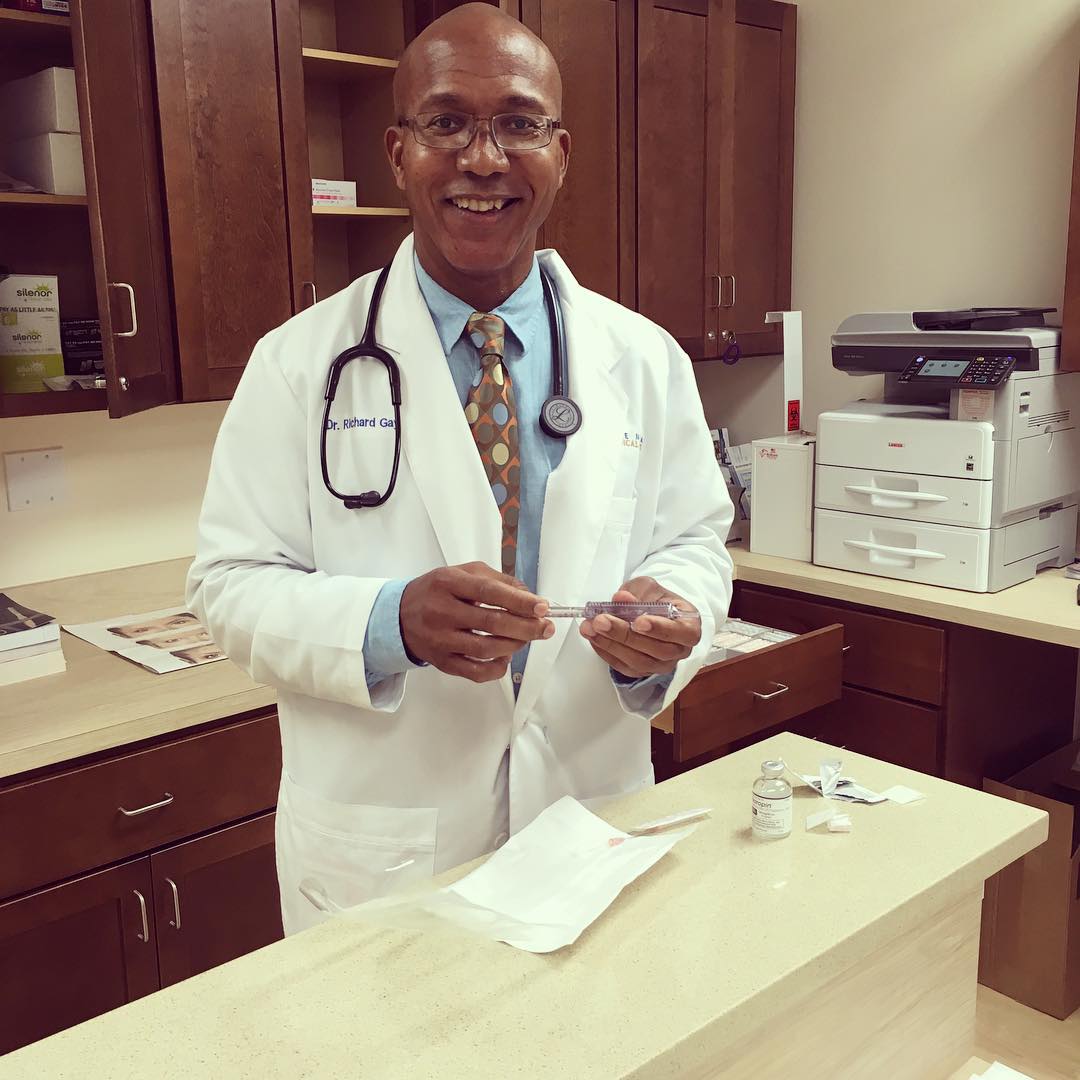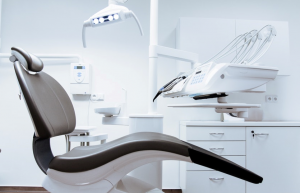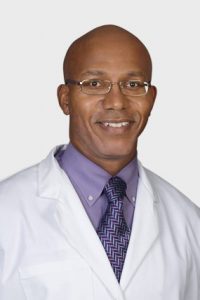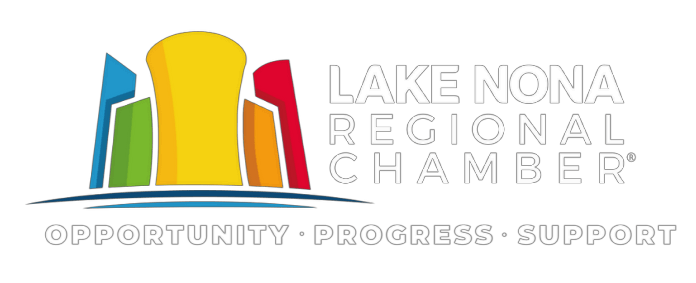REGIONAL LINKS
Upcoming Chamber Events
Newest Members
What is Regenerative Medicine and How Can It Help You?
Dr. Richard Gayles
Typically, when people think about regenerative medicine – if they think about it at all – they think of it as being something that’s years in the future. What they don’t realize, however, is that regenerative medicine has actually been around for decades, starting with the first bone marrow transplant – while the study of it has been around for over a century.
So, what exactly is regenerative medicine?
The idea behind regenerative medicine is that each person has the natural ability within their bodies to heal themselves and defend against illness and injury. This isn’t about positive thinking, or some other ethereal type of philosophy. It’s about real, concrete elements that exist within the human body that when activated can trigger healing in a very powerful and regenerative way.
Rather than treating only your presenting symptoms, as is common in traditional medicine, regenerative medicine doctors seek to permanently restore the function and structure of damaged organs and tissues.

Regenerative Medicine in Action.
The field offers hope to everyone who suffers from debilitating illness, injury, and disease, but offers special hope to those whose doctors have told them there was no treatment or cure for their particular health issue.
Four specific concentrations exist within the field of regenerative medicine. These include:
• Cellular Therapy: Stem cells are a natural mechanism for healing tissues damaged or destroyed due to disease or trauma. Every person has an abundance of stem cells that can repair several other areas of the body. For example, the umbilical cord of a newborn baby contains blood with a large number of stem cells that the parents can choose to bank and use later or donate to someone else. Additionally, adult stem cells are located throughout our own bodies, and are especially concentrated in the adipose (fat) tissue and bone marrow.
• Tissue Engineering: One of the goals of regenerative medicine is to cure patients without the need for implanting a whole new organ. Even when a patient moves up the waiting list to receive an available organ, there is no guarantee the body won’t reject it. Creating new heart valves with regenerative medicine rather than the patient undergoing a heart transplant is one example of tissue engineering. Most recently, scientists are using stem cells to create body parts like ears and windpipes!
• Artificial Organs: Advances within the field have made it possible to grow new organs from the patient’s own cells. Scientists develop the replacement organ by manipulating cells in a laboratory setting. This technology is a direct response to the shortage of donor organs and technology is being developed to grow kidneys, livers, and even hearts!
• Clinical Translation: Though more of a process, clinical translation is a form of regenerative medicine that has the ability to treat heart disease, diabetes, stroke, and a number of other serious health conditions. In these cases, doctors use healthy cells from the patient’s own body as the cure but follow good manufacturing processes to acquire, cleanse, concentrate and deploy the stem cells.
CRN currently concentrates in the area of providing regenerative medicine physicians with cellular therapy and clinical translation products, because we believe these areas currently offer the broadest and most immediate promise.
 How You Can Personally Benefit from Regenerative Medicine
How You Can Personally Benefit from Regenerative Medicine
Traditional doctors treat the symptoms of disease with medication, transplants, and lifestyle counseling. You have probably benefited from many of these treatments yourself. However, it may have decreased your quality of life and it’s highly likely the condition will return. Regenerative medicine is the next level of medicine, going beyond simply treating symptoms to providing cures of impaired and failing tissues.
Its goal is always complete healing by using your own cells, blood, and tissues. These are just some of the health conditions that doctors who practice regenerative medicine hope to heal in the future:
• Bone, cartilage, muscle, and tendon repair
• Cancer
• Diabetes
• Facial trauma
• Heart and blood vessel weakness
• Liver disease
• Lung disease
• Nervous system disorders
• Urinary incontinence
• Wound healing
Not only do you survive these serious health problems with the use of regenerative medicine, you can achieve the quality of life you had before them.
If “healthcare as usual” no longer works for you, or if you’d like to explore a medical option that revolves around cutting-edge protocols, it may be time to consider regenerative medicine to find the root cause and a cure for what ails you. To schedule an appointment with Nona Medical Arts, just click here.


Nona Medical Arts is a comprehensive pain management and regenerative medicine provider for those who want to live life pain-free without the need for daily drugs or invasive surgery.
Dr. Gayles is board certified in Anesthesiology and has been awarded certification for pain medicine by the American Board of Anesthesiology, American Board of Pain Medicine, and American Academy of Pain Management. In November of 2016 Dr. Gayles was appointed Assistant Professor of Anesthesiology at UCF College of Medicine.
http://nonamedicalarts.com/
